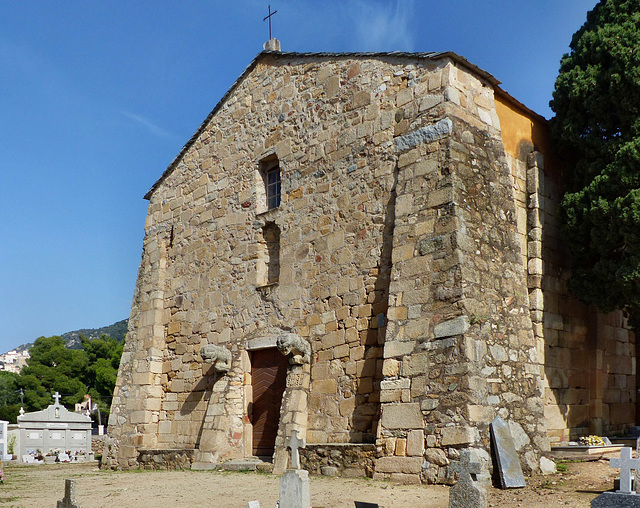Lumio - San Pietro e Paolo
Lumio - San Pietro e Paolo
Calvi - La Citadelle
Corsica - Mantis
Cambia - Santa Maria
Cambia - Santa Maria
Cambia - Santa Maria
Cambia - Santa Maria
Cambia - Corsoli
Cambia - Green whip snake
Cambia - San Quilico
Cambia - San Quilico
Cambia - San Quilico
Cambia - San Quilico
Cambia - San Quilico
Cambia - San Quilico
Cambia - San Quilico
Cambia - San Quilico
Cambia - San Quilico
Cambia - San Quilico
Cambia - San Quilico
Cambia - San Quilico
Cambia - San Quilico
Lumio - San Pietro e Paolo
Lumio - San Pietro e Paolo
Aregno - Trinita e San Giovanni Battista
Aregno - Trinita e San Giovanni Battista
Aregno - Trinita e San Giovanni Battista
Aregno - Trinita e San Giovanni Battista
Aregno - Trinita e San Giovanni Battista
Aregno - Trinita e San Giovanni Battista
Aregno - Trinita e San Giovanni Battista
Aregno - Trinita e San Giovanni Battista
Aregno - Trinita e San Giovanni Battista
Aregno - Trinita e San Giovanni Battista
Aregno - Trinita e San Giovanni Battista
Aregno - Trinita e San Giovanni Battista
Aregno - Trinita e San Giovanni Battista
Aregno
Aregno
Santa-Reparata-di-Balagna - Sainte-Réparate
L'Île-Rousse
L'Île-Rousse - Café des Platanes
L'Île-Rousse - Marché Couvert
L'Île-Rousse - Restaurant l'Escale
Location
See also...
Keywords
Authorizations, license
-
Visible by: Everyone -
All rights reserved
-
154 visits
Lumio - San Pietro e Paolo


The island of Corsica is one of the 18 regions of France. It was colonized the Carthaginians, the Greeks, the Etruscans and the Romans. After the Roman empire collapsed, Corsica got invaded by the Vandals and the Ostrogoths. For a short while the island belonged to the Byzantine Empire, then the Franks granted the island to the Pope, in the early 11th century Pisa and Genoa together freed the island from the threat of Arab invasion. The island came under the influence of the Republic of Pisa, later it belonged to Genua for centuries. In 1755 after a long fight for independence from Genoa the independent Corsican Republic was proclaimed, but in 1769, when the island was conquered by France. As the areas near the coast over centuries have been threatened by attacks and raids of pirates many old hamlets and dwellings are wide inland, high in the mountains. So most of the old churches are in the mountains and some of them are hard to find.
The church of San Pietro e Paolo is located away from the village, in the old cemetery of Lumio. It was erected in Pisan Style in the second half of the 11th century, replacing a paleochristian building, that again was built on the ruins of an ancient Roman villa (some claim temple). The single nave church belonged originally to the Ligurian monastery of San Bartolomeo del Fossato, but has served as a parish church upto the 19th century, when the present church of Lumio got built. The western front with the two large lion sculptures flanking the door. There may have been a narthex once guarded by these fierce lions. When the narthex got lost and the walls had to be strengthend the lions found the place, where they are now.
The church of San Pietro e Paolo is located away from the village, in the old cemetery of Lumio. It was erected in Pisan Style in the second half of the 11th century, replacing a paleochristian building, that again was built on the ruins of an ancient Roman villa (some claim temple). The single nave church belonged originally to the Ligurian monastery of San Bartolomeo del Fossato, but has served as a parish church upto the 19th century, when the present church of Lumio got built. The western front with the two large lion sculptures flanking the door. There may have been a narthex once guarded by these fierce lions. When the narthex got lost and the walls had to be strengthend the lions found the place, where they are now.
Alexander Prolygin has particularly liked this photo
- Keyboard shortcuts:
Jump to top
RSS feed- Latest comments - Subscribe to the comment feeds of this photo
- ipernity © 2007-2024
- Help & Contact
|
Club news
|
About ipernity
|
History |
ipernity Club & Prices |
Guide of good conduct
Donate | Group guidelines | Privacy policy | Terms of use | Statutes | In memoria -
Facebook
Twitter

Sign-in to write a comment.